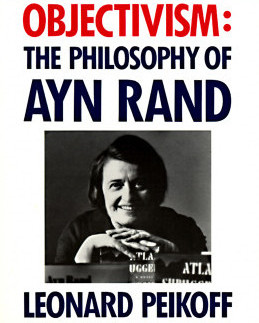An excerpt from chapter 2 on Sense Perception & Volition from Objectivism: The Philosophy of Ayn Rand by Leonard Peikoff.
So far, I have been identifying the nature of man’s power of choice, according to the Objectivist theory. But how is this theory validated? Can one prove that the choice to think is real, and not, as determinists would say, an illusion caused by our ignorance of the forces determining us? Can one prove that man’s consciousness does not function automatically?
If man’s consciousness were automatic, if it did react deterministically to outer or inner forces acting upon it, then, by definition, a man would have no choice in regard to his mental content; he would accept whatever he had to accept, whatever ideas the determining forces engendered in him. In such a case, one could not prescribe methods to guide a man’s thought or ask him to justify his ideas; the subject of epistemology would be inapplicable. One cannot ask a person to alter or, justify the mentally inescapable, any more than, in physical terms, one can ask him to alter or justify his patellar reflex. In regard to the involuntary, there is no alternative but to submit—to do what one must, whatever it is.
The concept of “volition” is one of the roots of the concept of “validation” (and of its subdivisions, such as “proof”). A validation of ideas is necessary and possible only because man’s consciousness is volitional. This applies to any idea, including the advocacy of free will: to ask for its proof is to presuppose the reality of free will.
Once again, we have reached a principle at the foundation of human knowledge, a principle that antecedes all argument and proof. How, then, do we know that man has volition?
Read the rest in Objectivism: The Philosophy of Ayn Rand.
